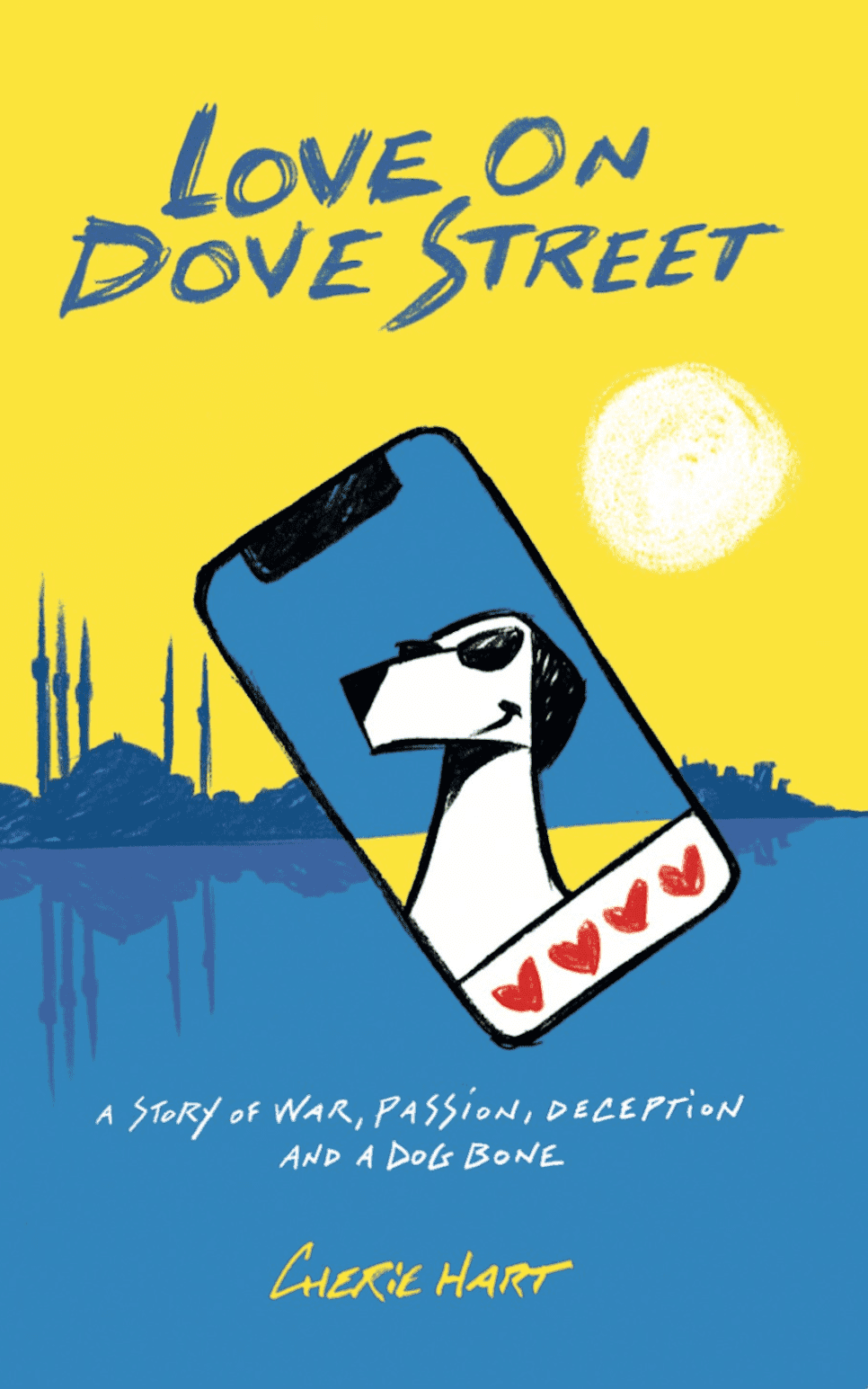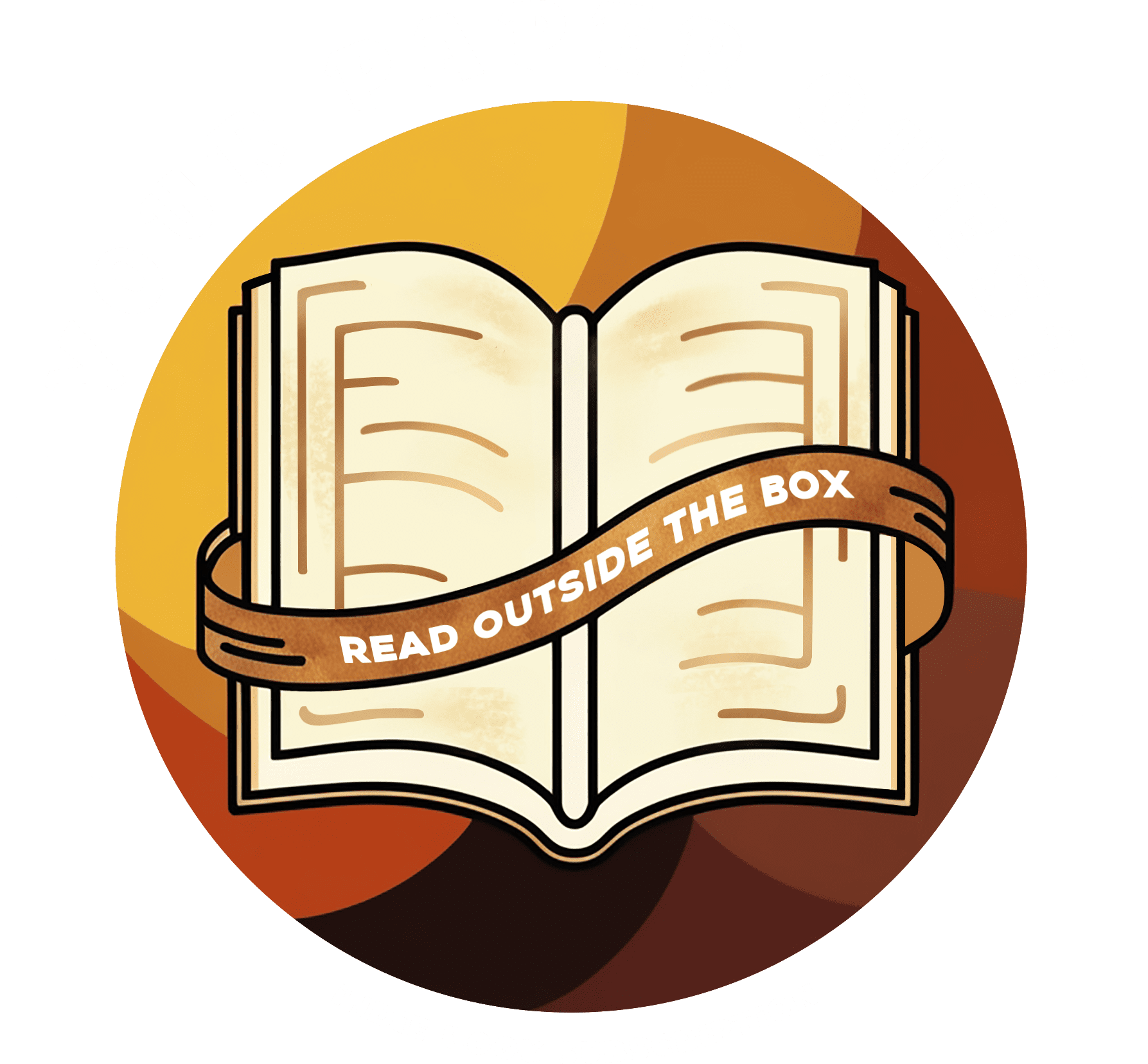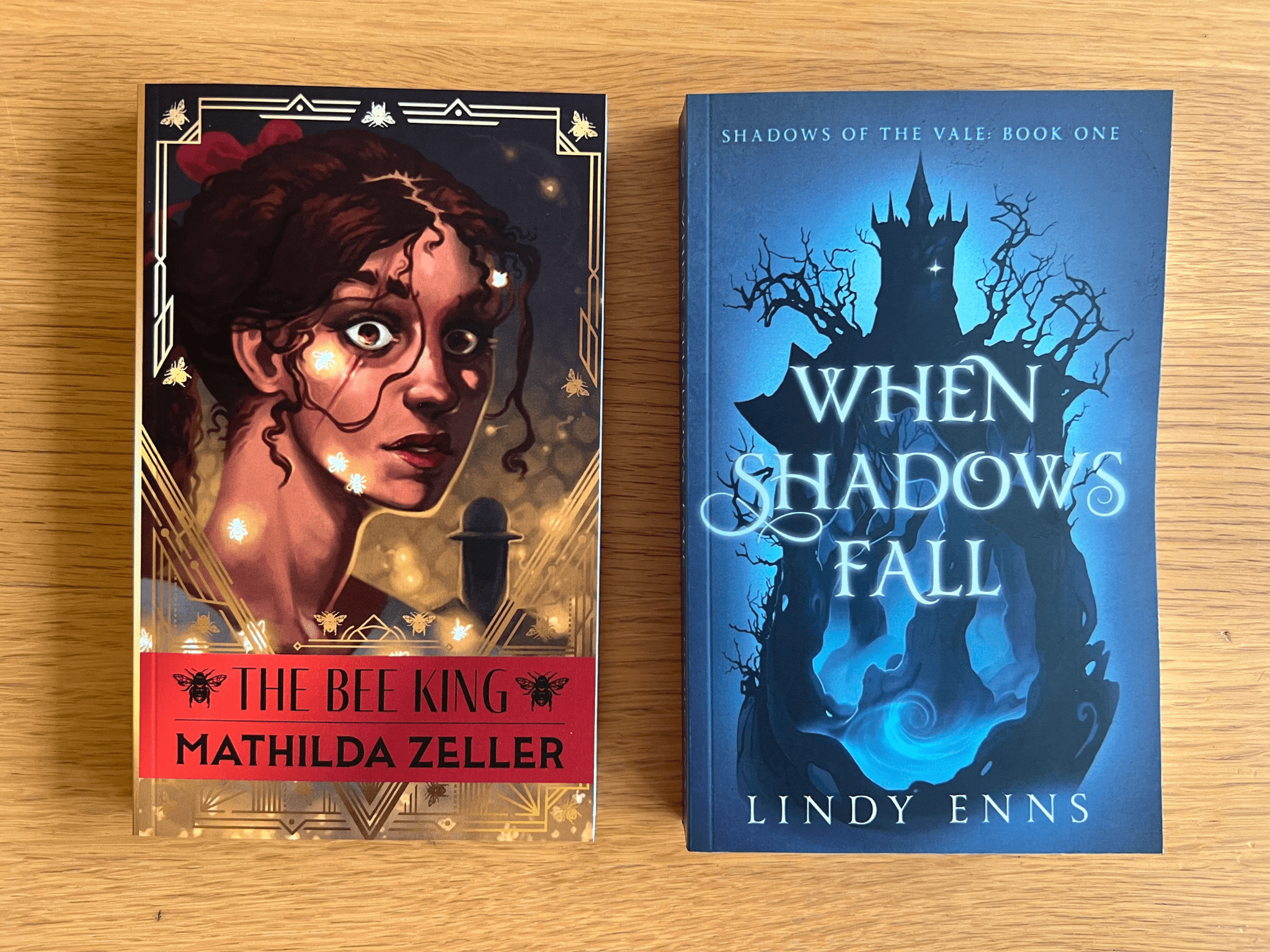Cherie Hart
LOVE ON DOVE STREET
I grew up in a house obsessed with the news. Both of my parents were reporters and non-fiction writers in Washington, D.C. Our house was filled with yellowed newspaper clippings, and we watched the evening news at the dinner table. Talk-radio blared from the depths of our home.
I always knew I wanted to travel the world and write about it. My aim was to fill up every page of my passport. I got my wish after a freelance writing gig at the United Nations led to a globe-trotting career.
The travel part was easy. Writing was the difficult piece of the equation. But I soon learned that everyone has a story to tell, no matter how mundane their life seems on the surface. Dig deep enough in anyone’s story and you’ll find nuggets of a life full of wonder.
Many of my friends are international reporters. I would say their assignments and stories are a great influence on me. They shed light on global tragedies and triumphs that I would never otherwise know about. Their personal tales when they return from assignments are as fascinating to me as the actual reporting that they do. I enjoy hearing about the people they meet along the way, and I’m gripped by the life-threatening situations they face while securing a particular interview or camera shot.
My own reporting background was a primer for how to ask the right questions, shape a story, reel in a reader, reveal truths without being didactic, and maintain momentum in a tale. Whether writing about a peace process, or a man who cleans public toilets, or a homeless person in a park, the methods to gather the story and write about it are similar. I tried to apply the same approach to my first novel – Love on Dove Street — when creating the characters and developing the plot lines.
My biggest hurdle to writing right now is doom scrolling. I spend way too much time reading about the end of the world as we know it. I think the headlines on my cellphone have short-circuited may brain and hijacked my imagination. I wonder if I have another novel in me. I feel creatively dried up. I’m hoping something or someone will trigger a new story in me.
I’m working hard to overcome this current mental stalemate by taking long walks, talking to strangers, going to hear music that is new to me, and volunteering in a museum basement to catalogue weird dust-covered treasures. And I’m trying to cut down on screen time.
My advice to indie writers is to write stories that excite you and inspire you to race to your computer to pick up where you left off. Don’t write what you think others want to read, or what might sell in Hollywood. Write what is true for you. Write a book that you would want to read. If your story is good enough, it will find an audience. Indie publishing allows that to happen.



